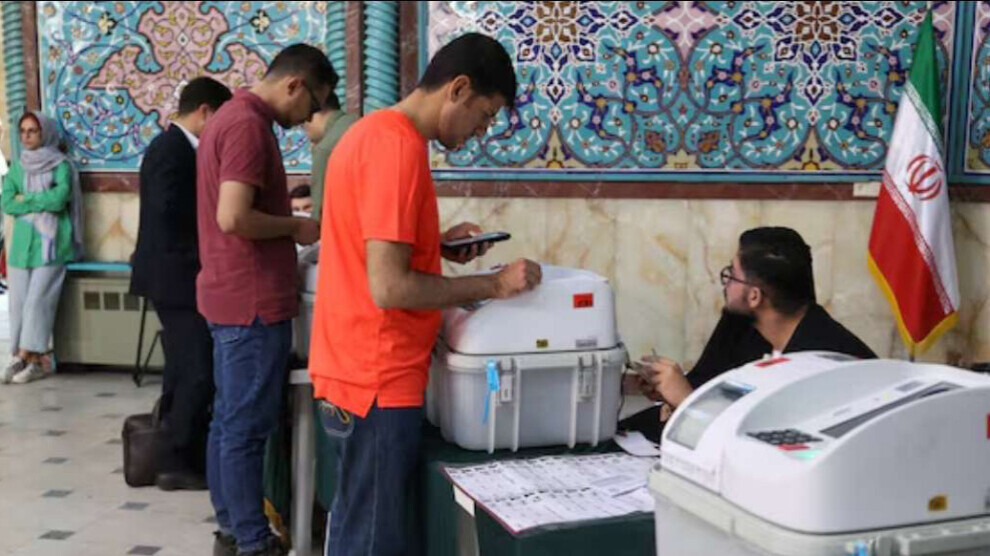Candidate registration for Iran's early presidential election begins
Candidates for the early presidential election to be held in Iran on 28 June will be able to register with the Interior Ministry for five days starting Thursday.
Candidates for the early presidential election to be held in Iran on 28 June will be able to register with the Interior Ministry for five days starting Thursday.

Candidate registration for Iran's early presidential election to be held at the end of June to choose the successor to ultra-conservative hardliner Ebrahim Raisi, who died in a helicopter crash, began on Thursday (30 May), state media reported.
‘Registration for candidates in the 14th presidential election started at 8.00 a.m. and will continue for five days at the Interior Ministry until 6.00 p.m.,’ Iran's official news agency Irna said.
The election, originally scheduled for the spring of 2025, was set for 28 June following the unexpected deaths of seven people, including Raisi and Foreign Minister Hossein Amir-Abdollahian, in the north-east of the country on 19 May.
‘About thirty people went to the interior ministry early on Thursday’ but ‘none of them met the basic requirements to be a candidate,’ an official told state television.
Iran's electoral law specifically requires candidates to be between the ages of 40 and 75 and to hold at least a university graduate degree.
The main candidates of the political currents in Iran traditionally register in the last days of the application process.
Under the constitution, the Supreme Leader Ayatollah Ali Khamenei, the highest authority in the Islamic Republic, had instructed interim President Mohammad Mohbir to organise a presidential election as a matter of urgency.
The candidates will have to be approved by 11 June by the Council of Constitutional Guardians, an unelected body dominated by conservatives and responsible for overseeing the electoral process.
In 2021, this body invalidated many ‘reformist’ and ‘moderate conservative’ names, allowing the conservative and ultra-conservative candidate, Ibrahim Raisi, to be easily elected in the first round.
However, due to the near elimination of competition, many voters boycotted the polls. Turnout was only 49 percent, the lowest for a presidential election since the 1979 Islamic revolution.